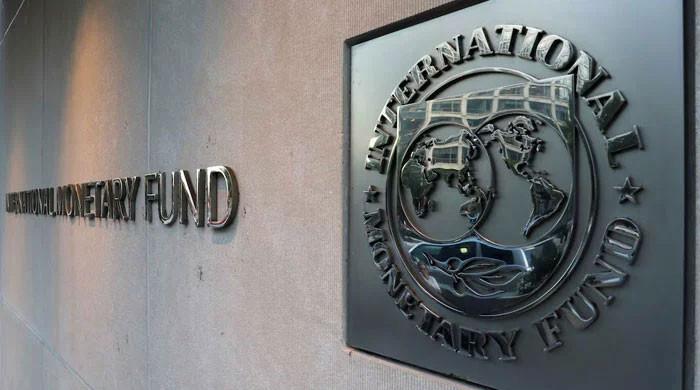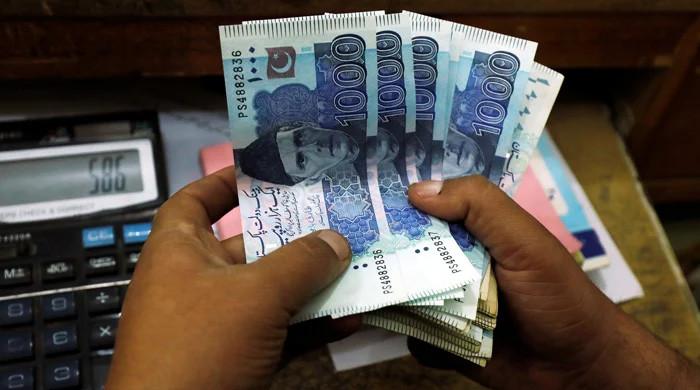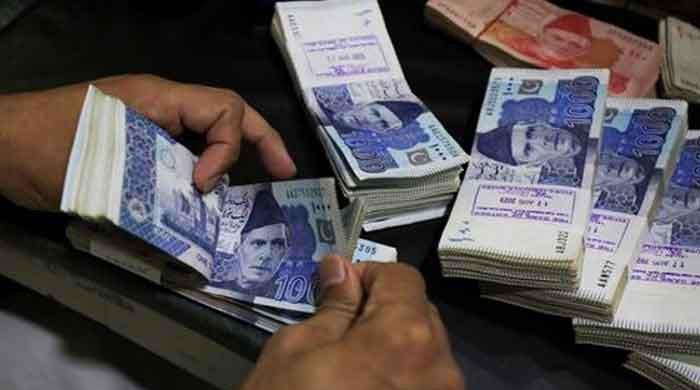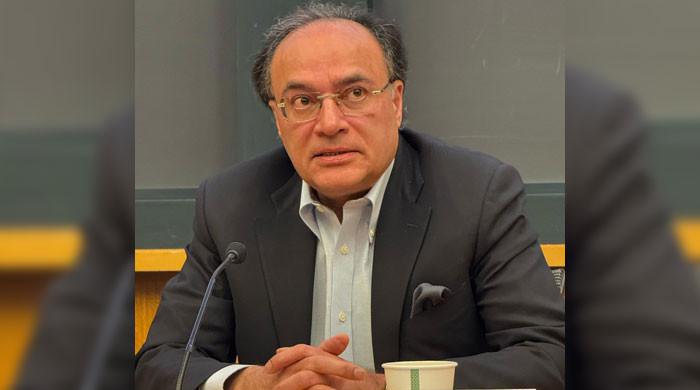Skyrocketing petrol, chicken prices push weekly inflation upwards
SPI registers an increase due to a 4% and 2% increase in the prices of petrol and chicken, respectively
April 21, 2023
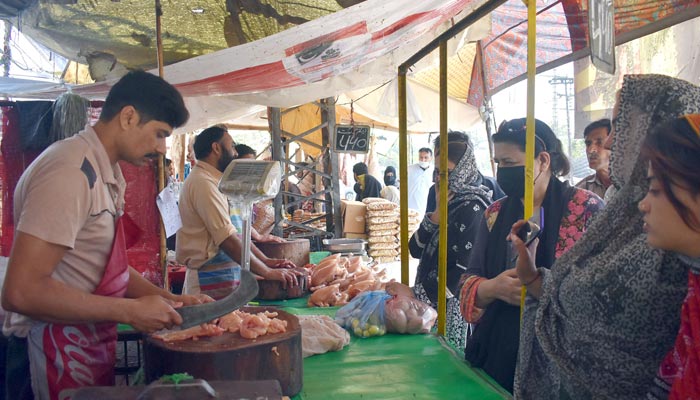
- Analysts expect April inflation to clock in around 39%.
- Prices have increased over last year due to rupee devaluation.
- SPI-based inflation rise 0.51% week-on-week.
KARACHI: A steep rise in the prices of essential food items, including chicken and petrol, pushed weekly inflation to 47.23% year-on-year for the week ending on April 19, according to data released by the Pakistan Bureau of Statistics (PBS).
Inflation rose 0.51% week-on-week, compared to a 0.60% decrease in the preceding week.
According to the statistics of the week under review, the rising inflation has been attributed to the increase in sensitive price indicators to the rise in prices of the following:
- LPG — 4.75%,
- Potatoes — 3.79%
- Petrol — 3.67%
- Tea — 3.61%
- Gur — 3.40%
- Matchbox — 2.51%
- Bread — 2.48%
- Chicken — 2%
- Bananas — 1.68%
- Broken basmati rice — 1.54%
- Rice irri-6/9 — 1.22%
On the other hand major decrease was observed in the prices of:
- Tomatoes — 13.11%
- Onions — 4.62%
- Garlic — 3.59%
- Sugar — 1.52%
- Wheat flour — 0.93%
- Mustard oil — 0.56%
- Cigarettes — 0.26%
- Pulse gram — 0.22%
For the week under review, SPI was recorded at 251.83 points against 250.56 points registered last week and 171.05 points recorded during the week ended April 21, 2022.
Fahad Rauf, head of research at Ismail Iqbal Securities, said that SPI experienced an increase, mainly driven by a 4% and 2% increase in the prices of petrol and chicken, respectively.
During the week, the government passed on the impact of rising international oil prices and rupee devaluation by raising petrol prices by Rs10 per litre, bringing the new price to Rs282 per litre. On the other hand, chicken prices have risen mainly due to increased seasonal demand in Ramadan and the arrival of Eid.
“We expect April CPI (consumer price index) to come around 39% versus 35.4% in March, where the month-on-month increase is mainly expected from house rent revision and wheat prices,” Rauf added.
Prices of commodities have risen significantly over the last year on account of devaluation as well as the massive floods that devastated food crops across most of the fertile plains of the country.
Different weights are assigned to various commodities in the SPI basket. Commodities with the highest weights for the lowest quintile include milk (17.5449%), electricity (8.3627%), wheat flour (6.1372%), sugar (5.1148%), firewood (5.0183%), long cloth (4.2221%), and vegetable ghee (3.2833%).
Of these commodities, the price of milk increased; wheat flour and sugar decreased; whereas prices of electricity, firewood, long cloth and vegetable ghee remained unchanged. However, the prices of all these commodities went up on a year-on-year basis.
PBS compiles SPI by collecting prices of 51 essential items from 50 markets in 17 cities of the country. During the week, out of 51 items, prices of 29 (56.86%) items increased, eight (15.69%) items decreased and prices of 14 (27.45%) items remained unchanged.
The PBS data attributed the year-on-year rise in SPI to the jump in the prices of the following goods:
- Cigarettes — 151.45%
- Wheat flour — 143.88%
- Gas charges for Q1 — 108.38%
- Tea — 104.28%
- Diesel — 102.84%
- Potatoes — 98.74%
- Bananas — 98.42%
- Eggs — 97.80%
- Petrol — 87.81%
- Broken basmati rice — 87.30%
- Rice irri-6/9 — 83.52%
- Pulse moong — 68.94%
- Plain bread — 59.22%
- Pulse mash — 58.35%
Meanwhile, a decrease was observed in the prices of:
- Tomatoes — 8.65%
- Chilli powder — 6.48%




